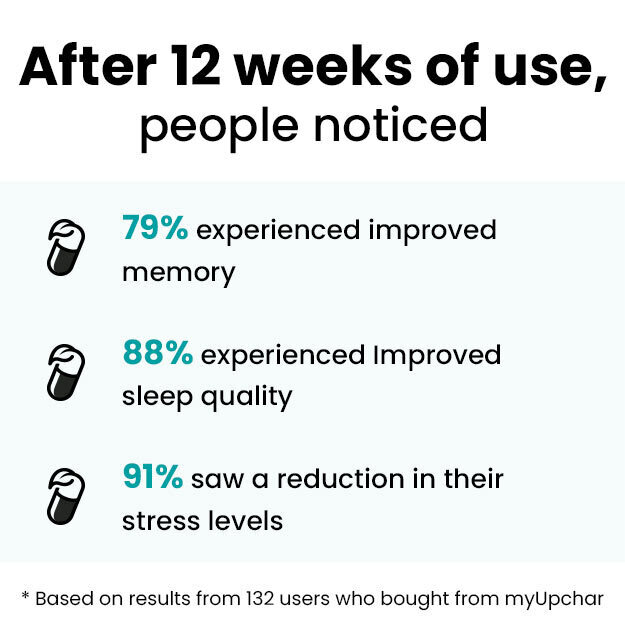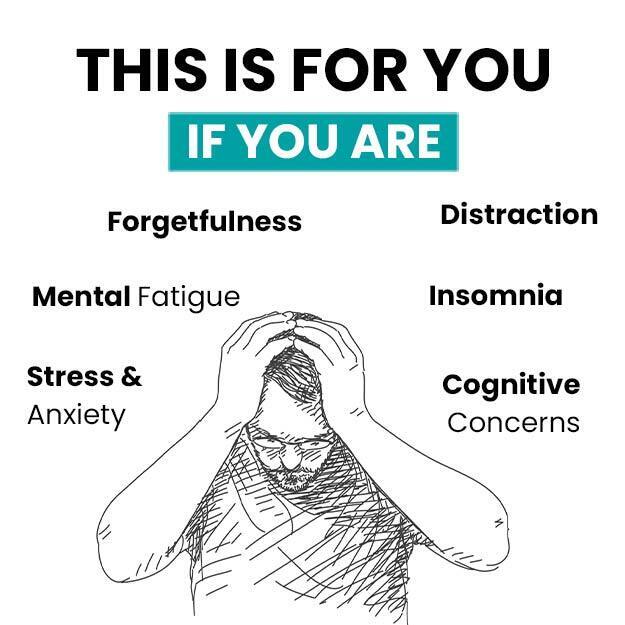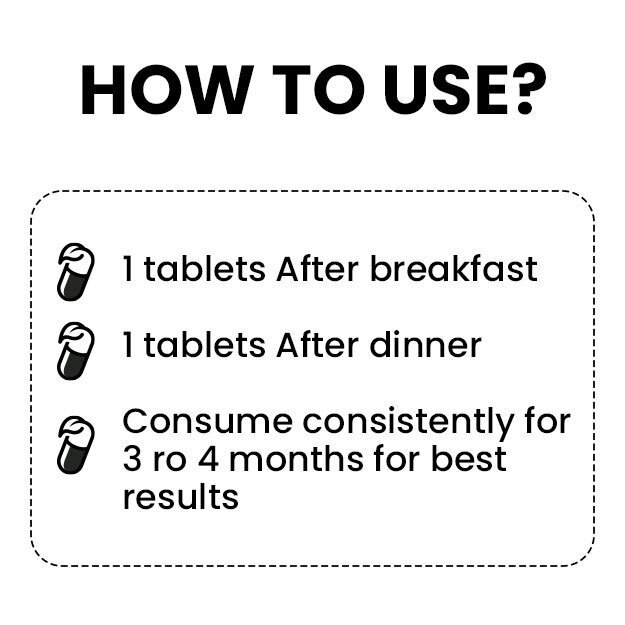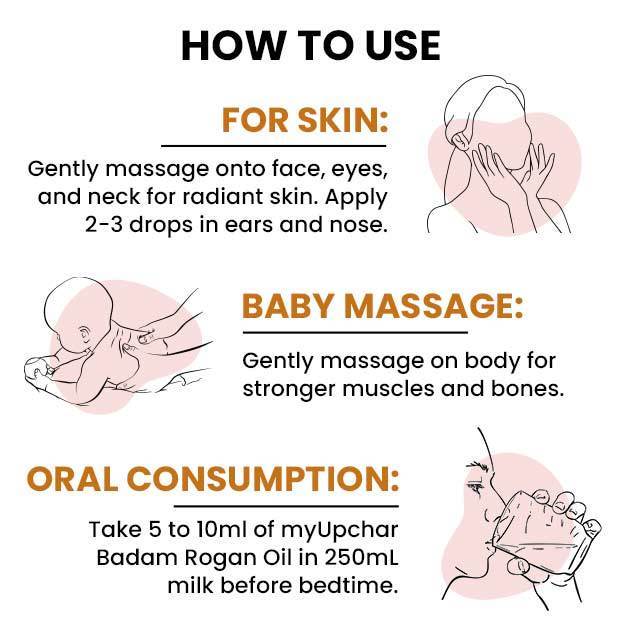It feels like the semester only began two weeks ago, but suddenly you wake up and realize that exam season is awfully close. No matter how much we try to pace ourselves, and even if we start the semester strong, with promises of completing each project long before the deadline, most of tend to lose some steam and fall a little behind of exam prep.
Once you fall behind, even in one subject, there is no escaping the stress that comes with it. As you approach exam season, you could be in major panic mode. While most of can perform (and even flourish) under a little bit of stress, too much of it can have the complete opposite effect. Stress could drain your energy, kill your appetite, mess with your sleep cycle and even cause physical aches and pains all over your body.
Completing the syllabus, which was a challenge even before this, now starts feeling completely impossible. But it doesn’t have to come to this. Stress is an extremely common problem and many before us have experimented with what lifestyle practises and habits can help you avoid it.
Remember that these are only suggestions, and what works for others might not necessarily work for you. Adequately alter these tips or your routine to whatever works best for you and keeps you calm during this challenging time.
Read more: Exam preparation tips for students
- Make a schedule
- Avoid hibernating
- Organize a study group
- Exercise daily
- Get enough sleep
- Eat healthy and on time
- Find a coping mechanism
- Seek professional help
Make a schedule
Chaos may be your default mode but about a month before exams, you should make a schedule and follow it religiously.
- Divide your time according to subjects, depending on your priorities and their difficulty level.
- Alter the schedule as and when you need to. Don’t skip any of your essentials on the list, though.
- Set apart time for your meals, doing laundry, grocery shopping, everything you can think of. This way, you won’t feel rushed to do anything and you’ll be able to set realistic expectations and deadlines for yourself.
Read more: What to do on exam day
Avoid hibernating
It’s tempting to stock your room, lock it and just hide in there until exam day. Unfortunately, this isn’t exactly healthy in any way. You need to keep stepping out from time to time to freshen your mind and you definitely need social contact lest you go a little stir-crazy. Time your outings if you’re afraid to lose track of time. And if you want to just keep studying, at least change your location once in a while - go to the park or visit the library for a change of scenery.
Read more: Ayurvedic remedies for anxiety
Organize a study group
Finding a community of like-minded people is the best way to avoid stress and anxiety. So get a few friends or acquaintances together for a study date where you can all pick a topic to explain to the others or test each other as a form of revision. This will help you learn faster and keep you from procrastinating as well.
Read more: How to recover from a bad exam
Exercise daily
Exercising has many proven benefits for your mental health, including lowering your cortisol levels - which is associated with stress. So just because it’s exam time, it doesn’t mean that you skip your daily run or basketball practice - in fact, you need it now more than ever. Allot time for exercise daily, or every alternate day at the very least. This time spent exercising might exhaust your body but will help refresh your mind - which is what you need the most right now.
Read more: How to increase brain power
Get enough sleep
Staying awake studying until you pass out will help you achieve nothing but uncomfortable and broken sleep. You won’t feel as refreshed and rejuvenated when you wake up as you would have had you slept properly for eight hours. This means your memory retention and focus will be lower than usual and you might lose more time this way as you’ll need to go over everything two to three times before it sinks in. This, of course, isn’t ideal and will lead to even more stress. So don’t just set an alarm to wake up every morning but also set one to go to bed every night. It’ll be a game-changer.
Eat healthy and on time
Junk food cravings can be at an all-time high during exam time. On the other hand, some can completely forget that they’re supposed to eat while they’re studying. You must find a balance and eat healthy, nutritious meals at the right time every day. Instead of ordering pizza, rely on foods that fight off stress like foods packed with fibre and healthy fats. Herbal teas can take the place of coffee occasionally too as they’ll help soothe your nerves (which may be jittery, thanks to the caffeine).
Find a coping mechanism
Sometimes, no matter what you do to avoid it, anxiety will find an opening and sneak up on you to surprise you. This can get complicated and result in hyperventilation and even full-blown panic attacks. Such situations can also arise in the middle of an exam. What you’ll need is a coping mechanism that works for you. Breathing exercises like breathing through pursed lips, or breathing into a paper bag can help. If you’re prone to such situations, having a paper bag handy would make sense. Even just knowing that it’s there in your backpack may provide some mental relief.
You might also be interested in: How to calm your mind and sleep better
Seek professional help
Just because your friends seem to be fine or your family expects you to handle the pressure, doesn’t mean you shouldn't ask for help when you feel you need it. Don’t try to appease others - you need to take care of yourself first. If you feel like your mental health is slipping and you’re not being able to manage the stress, speak to your parents and try to make them aware of your situation. Tell them you wish to seek help from a mental health professional and if they could help you set that up. Alternatively, if your school or college has a counsellor, you can also reach out to them and ask for their guidance in this matter.





























